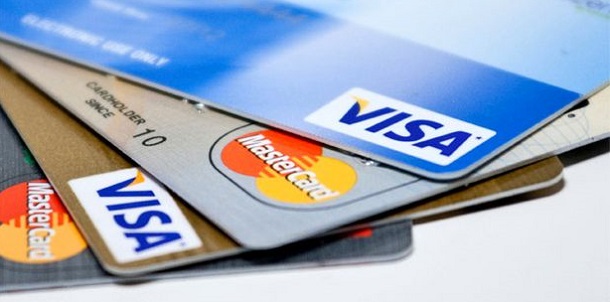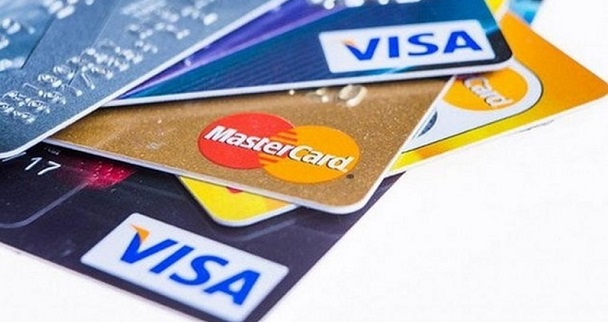
Recurring payments – continuous payment authorities – are regular outgoings that leave your financial accounts in the same way that a direct debit would work. While they look like direct debits, they definitely aren’t. Continuous payment authorities (CPA) allow companies and external money providers to take money from your account whenever they see fit.
It is important to be aware of whether you are paying money out to companies by means of a continuous payment authority, and if so, whether you are able to cancel this or switch it to a direct debit. Tip: These recurring payments are often used by payday lenders, magazine and subscription websites and until 2009, only the company could cancel the outgoing payment, and you had no control over whether it left your account or not. Since 2009, customers have had the right to inform their bank of their decision to cancel a continuous payment authority.
How Do I Avoid Future CPAs?
Companies who take payments using a continuous payment authority will do so by asking for the long number that you find across your credit or debit card, as opposed to the standard bank account number and sort code accredited to a direct debit payment.
If this happens and you process the transaction then any subsequent money leaving your account on a regular basis will be a CPA payment as opposed to a direct debit – this could be a nightmare for you at a later date.
If you think a payment has been put through as CPA, then check through your bank statements and see which regular debit payments are going out. If they’re not listed as being direct debits or standing orders, then they are most definitely CPAs.
Credit cards work differently as by definition they are always considered as CPAS – you cannot set up any other type of regular outgoing payment from a credit card.
How Do CPAs Differ From Direct Debit Transactions?
While it may seem like monthly payments to companies are the same, and it makes no difference what type leaves your account each month, in reality, CPAs, and direct debits are very different types of transactions.
Direct debits give you the freedom to cancel at any time using online banking or through your bank itself – the same can be said for standing orders. On the other hand, it is only through contacting the company with which the CPA has been set up can you cancel the aforementioned CPA – meaning you have less control over what leaves your bank account each month.
People who have taken out payday loans often have problems because of CPAs – the CPA agreement essentially allows the lender to remove money from the borrowers account whenever they believe they are owed money, meaning that people are hit with unexpected negative cash flow at the most inopportune times. Sometimes, you may find that actually, it’s impossible to pay for a service without resorting to using a CPA, but you need to make sure that, if this is the case, the company you are using is reputable and not likely to con you out of your hard earned money. If you can, avoid CPAs at all costs and ensure that all payments leaving your account on the regular are either set up as direct debits or standing orders.
I’ve discovered that one of my regular payments is a CPA – what can I do?
If you’ve found yourself paying a regular payment by CPA to a company, then there are a number of things you can do to cancel the payment. The simplest thing to start out doing is to contact the company directly and ask them to cancel the payment for you. In some cases, such as a gym membership, they may refuse on the grounds that you are committed to them through a contract.
If this is not the case, then officially disputing the transaction by phone or in writing is the best way to go. Often, the companies will cancel the account. If they do not, then contact your bank or credit card provider and ask them to cancel it.
The Financial Conduct Authority has stated that banks must cancel a CPA when asked to by their customers, and if further payments are taken in error after this cancellation has been requested, then the bank must refund them. EU regulations mean that banks have a legal duty to provide you with this service if you so desire.



